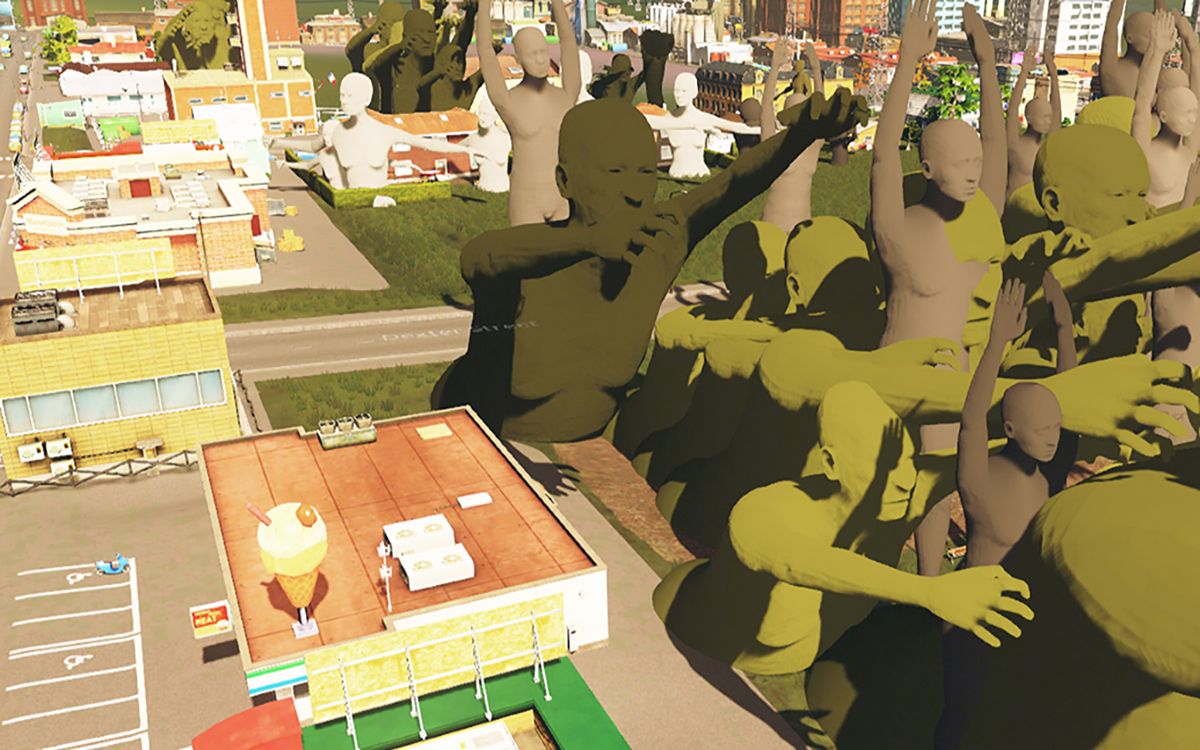


The system’s assets were inspired by the USMIL operational doctrine by the same name. This doctrine, in place between 2007 - 2014, aimed to militarize anthropological knowledge and practices. In essence, the US military employed anthropologists and other social scientists with the goal of weaponizing cultures of foreign nations, a sort of modern-day colonialism. Rather than wage war through brute force, the US military determined that it would be more effective both monetarily as well as with regards to public relations, to seek to subjugate and destroy the cultural identities of those countries with whom we were at war.
When I first read about this, I was struck by the dehumanizing conceptualization of groups of people: mothers and fathers, children, co-workers, and friends as terrain, to be negotiated and mastered--a topology of culture and individuals. If this could be visually rendered, what would that look like? What kind of objects or space would exist through a system of human terrain? I contemplated the local cultural and personal costs of this US military policy for populations the government considered to be “other.” I tried to imagine the suffering that occurs when your front yard becomes a war zone from which you and your loved ones cannot escape, threatening and irrevocably changing your way of life and the lives of your family and friends.
This disconcerting image of people as terrain inspired me to begin constructing models of human beings in agony, models of these same people in positions of submission or pain or despair. Additionally, I was struck by the notion of human beings reduced to mere environmental and geographical components. I turned to the city-building simulator game “Cities: Skylines,” and after a few aborted attempts at replacing the buildings with my agonized people, I decided it would be more effective to keep the man-made infrastructure and to replace elements of the natural world instead. In my mind, this allowed for a sense of malignant banality--an absurd domesticity.
As an American, I am acutely aware of the fact that my surreal suburban world is built upon the excess of my government through the exploitation of other peoples. I hope to show, in some small way, the psychic dissonance I experience within that knowledge.